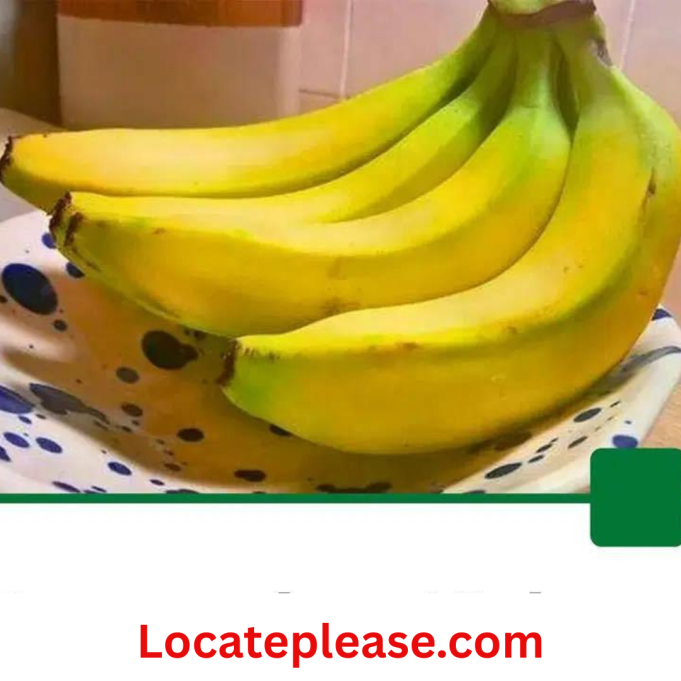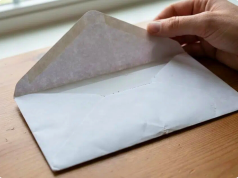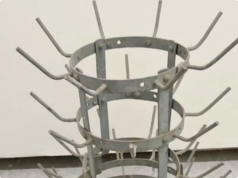I used to grieve my bananas.
Mashed on toast at dawn, folded into oatmeal’s warmth—they were my morning anchors. But too often, I’d find them slumped in the fruit bowl by day three: brown-spotted, soft as regret, whispering of waste. I almost stopped buying them altogether.
Then came the accident.
One hurried morning, I left the bunch on the cool granite countertop—not in the pretty ceramic bowl that held apples and avocados. The next dawn, I paused. Those bananas stood tall, glowing like September sun. Fresher than any I’d seen in weeks.
That’s when I understood:
The fruit bowl isn’t a home for bananas.
It’s a graveyard.
Why Bananas Grieve in the Bowl
Bananas breathe a quiet gas called ethylene—nature’s ripener. But in close quarters (like a fruit bowl), this gentle breath becomes a storm. Bananas release ethylene; apples and avocados inhale it. Together, they quicken each other’s passing. What begins as sweetness turns to sorrow.
I learned this truth slowly:
→ Bananas kept alone on the counter live 7 days longer than bowl-bound kin.
→ But true grace came when I discovered their secret heartbeat.
The Stem: Your Banana’s Lifeline
Bananas don’t just release ethylene—they breathe it from their stems. Like a slow leak draining a well.
So I tried wrapping those stems:
→ Aluminum foil—pressed tight, a silver band of protection
→ Plastic wrap—stretched like a promise over the tender stalk
→ Never parchment paper—it breathes too freely (a lesson learned the hard way)
The result?
A bunch bought on Monday still gleamed golden on Day 10.
Ten days longer.
Enough time to savor them slowly—to slice onto pancakes, fold into muffin batter, or simply peel and eat while watching sparrows at the window.
Two Quiet Truths I Learned Along the Way
- Keep them together.
A lone banana, torn from its bunch, darkens twice as fast. There’s strength in the cluster—in the shared breath, the gentle lean of stem against stem. - When spots appear, don’t mourn—refrigerate.
I once placed speckled bananas in the cold dark. Five days later, their skins had turned deep brown—but beneath, the flesh stayed firm, yellow, and sweet. The cold slows the gas, the chill honors the fruit’s quiet work.
A Final Blessing for Your Bananas
This isn’t just about saving money (though my grocery bill thanks me).
It’s about listening.
Bananas don’t ask for much:
→ A cool spot away from other fruits’ whispers
→ A foil-wrapped stem like a quiet vow
→ The dignity of staying with their kin
→ And when their time comes—the grace of a cold rest
When we honor these small things, we honor more than fruit.
We honor the earth that grew us.
The hands that harvested.
The table that holds us.
So the next time you bring bananas home,
place them where the light is soft,
wrap their stems with care,
and whisper:
“Rest well, little suns.
I’ll be here when you’re ready.”
—
With gratitude for the quiet wisdom in everyday things.






